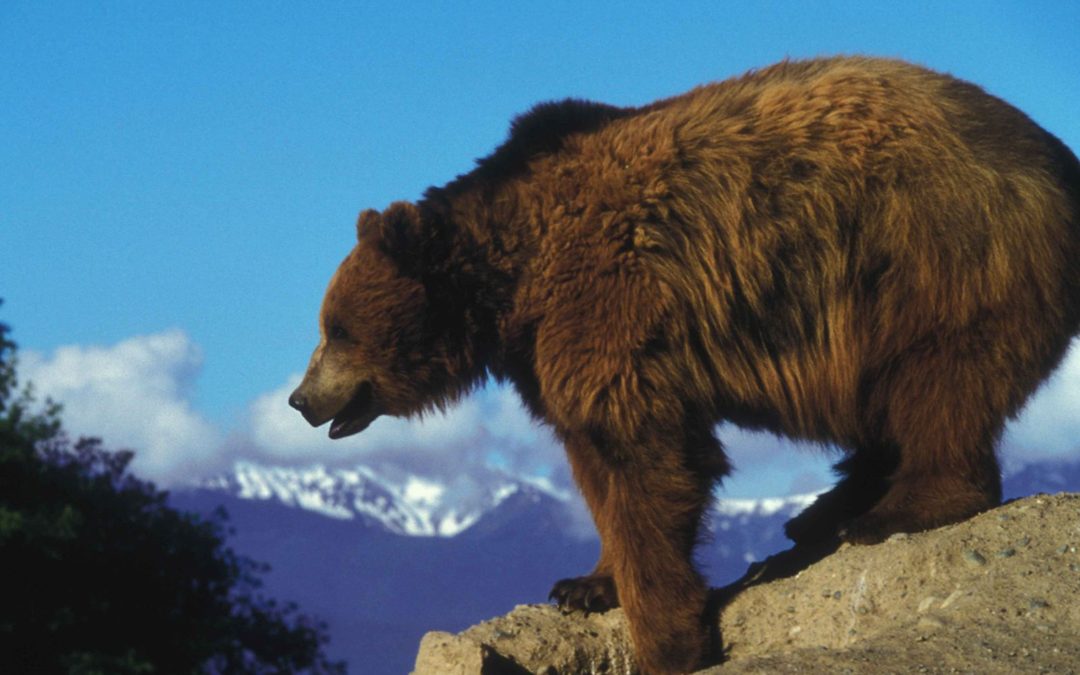Calling it “one of the worst logging projects in decades,” Mike Garrity, Executive Director for the Alliance for the Wild Rockies announced today that the U.S. Court of Appeals for the Ninth Circuit ruled in the Alliance’s favor in its legal challenge to the East Reservoir logging project on the Kootenai National Forest in Northwest Montana.
“The Court found that the Forest Service violated its own rules for management of grizzly bear habitat“ Garrity stated. The rare and imperiled Cabinet-Yaak grizzly bear population of Northwest Montana has failed to recover to even half of its minimal goal of 100 bears after decades of management, which led to implementation of special management standards aimed to help recovery. However, the Court found that even though the agency adopted the recovery standards, it was not actually complying with them. “This grizzly bear population is less than 50 bears and in really dire straits – the Forest Service can’t just ignore that when it plans massive logging projects in grizzly bear habitat anymore,” Garrity said.
“The East Reservoir Project is huge,” Garrity continued. “But consider that there are already over 22,000 acres of clearcuts within its boundaries. Add to that the 8,845 acres of proposed commercial logging in the East Reservoir project, of which 3,458 acres will be new clearcuts, and the additional impacts to this already heavily-logged area are simply unacceptable for wildlife, water quality, hunting, fishing, and other public recreation and use of this area.”
“In addition to the environmental impacts, the project was a huge money-loser which, by the Forest Service’s own estimate, would have cost taxpayers over $2.5 million to subsidize further degradation of an already-degraded landscape at a time when the federal deficit is exploding,” Garrity explained. “Much of that cost will be to rebuild and maintain an astounding 175 miles of logging roads, build nine miles of new permanent logging roads, add an additional 13 miles of illegal, user-created roads into the legal road system, and open nine miles of previously closed motorized trails. This would occur despite the fact that all the existing science shows more roads lead directly to more grizzly bear deaths and more sedimentation of the spawning streams for bull trout, which are already listed as ‘threatened’ under the Endangered Species Act.
“As most Montanans know, there is incredible pressure from industry lobbyists and politicians to ‘get out the cut’ on our National Forests. But the bottom line is that these National Forests are public lands that belong to all Americans, not just the 1percent or corporate interests. Our federal laws are often the only thing standing between the ‘cut-and-run’ practices we’ve see on private timber lands, and the intact ecosystems we can still find on our National Forests. That’s because federal laws require retention of functioning ecosystems and diverse wildlife and fisheries on our National Forests.
“Simply put, thanks to our federal laws, our National Forests are not commercial logging lots that exist to benefit a single, private industry. In this case, we had to go to court to make this point clear, and the rule of law prevailed,” Garrity concluded.
You can view the Order here.
###
